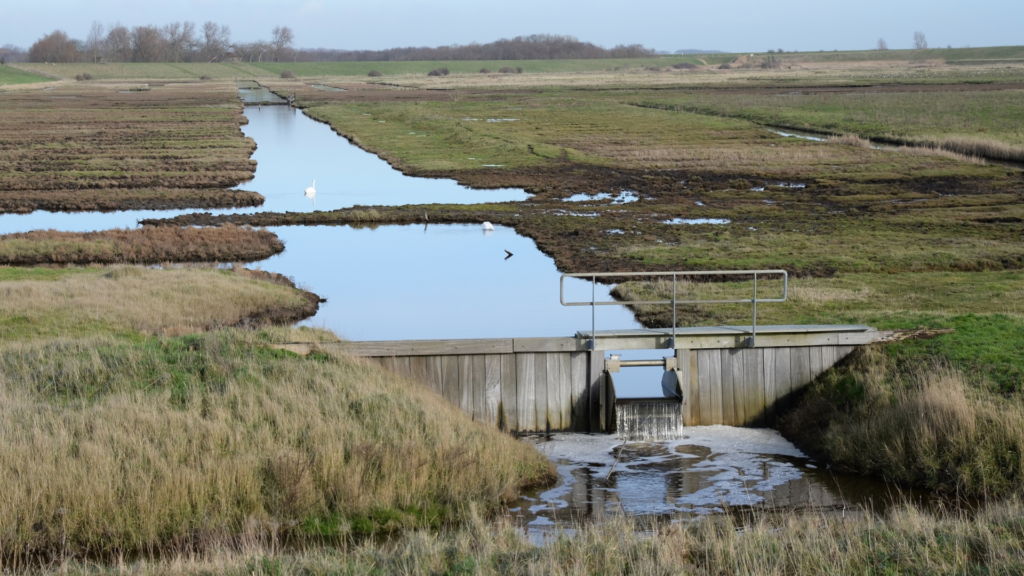The United Nations (UN) has raised this issue about the increasing global water crisis as a significant contributor to conflict and instability. Their report, named “Water for Prosperity and Peace,” depicts a concerning scenario, revealing that 2.2 billion individuals lack clean drinking water access, and a shocking 3.5 billion lack safe sanitation. This scarcity, driven by factors like population growth, economic pressures, and climate change, is pushing regions to critical thresholds. The report underscores the urgent need for sustainable water management to prevent further escalation of tensions and to ensure a future where water is accessible for all.
The report’s findings are deeply concerning. Almost half of the global population now faces water scarcity, and some areas are dealing with persistent shortages. The crisis hits poorer nations hardest, as they often lack the infrastructure and resources needed to manage their water supply effectively.
According to the UN, an annual investment of $114 billion is necessary to provide safe water, sanitation, and hygiene in low- and middle-income countries. This underscores the urgent requirement for increased international cooperation and targeted financial assistance.
Impact of Climate Change:
Climate change significantly contributes to the worsening water crisis. Rising temperatures and changes in weather patterns are reducing freshwater availability in numerous areas. Melting glaciers, higher sea levels, and more frequent extreme weather events disrupt the natural water cycle, making it harder to manage and forecast water resources.
The UN report highlights that climate change impacts both water availability and usage. With increased temperatures, there’s a greater demand for water for various purposes such as irrigation, cooling, industry, and personal consumption. This convergence of reduced supply and heightened demand poses a serious challenge, pushing several regions towards an acute water shortage.
Embrace innovative solutions like Zero Liquid Discharge to promote sustainable water management practices!
Population Growth and Urbanisation:
The fast rise in population and urban expansion significantly adds to the global water challenge. By 2050, the world’s population is expected to reach 9.7 billion, mainly concentrated in urban centres. As cities grow, the need for water for drinking, sanitation, and industry frequently exceeds what’s readily available.
Urbanisation also plays a role in water contamination. Industrial waste, untreated sewage, and runoff from agriculture pollute rivers, lakes, and groundwater, reducing the availability of clean water. This pollution has adverse effects on human health and disrupts ecosystems crucial for sustaining the natural water cycle.
Sustainable Water Management:
Addressing the global water crisis requires a comprehensive approach that includes sustainable water management practices. The UN report emphasises the need for improved water governance, investments in infrastructure, and the adoption of water-efficient technologies and norms. Zero Liquid Discharge (ZLD) is one such norm that aims to eliminate wastewater discharge by reusing water within industrial processes. Businesses are crucial in promoting this approach, assisting industries in reducing their environmental footprint and conserving essential water resources.
Goal 6: Clean Water and Sanitation
The UN report aligns closely with SDG 6, which aims to ensure everyone has access to water and sanitation by 2030. Achieving this goal requires a holistic approach, including investments in water infrastructure, improved water management practices, and promotion of water conservation. Additionally, addressing climate change, a major factor contributing to water scarcity, is crucial for reaching this objective.
Goal 13: Climate Change
SDG 13 highlights the urgency of taking action to combat climate change and its impacts. Climate change worsens water scarcity by raising temperatures, leading to more evaporation and reduced water availability. Additionally, changes in rainfall patterns can cause more frequent and severe droughts in some regions while triggering flooding in others. Addressing climate change effectively is crucial for ensuring long-term water security.
Embrace innovative solutions like Zero Liquid Discharge to promote sustainable water management practices!
Water for a Sustainable Future
To resolve the escalating conflicts arising from the global water crisis, immediate and collaborative steps are essential. Governments, businesses, and civil society need to unite and implement sustainable water management practices, enhance infrastructure, and embrace innovative solutions such as Zero Liquid Discharge (ZLD). These actions can help alleviate the effects of water scarcity, prevent conflicts, and ensure clean water access for all in the years ahead.
In conclusion, the UN report highlights the urgent necessity of addressing the global water crisis. By giving priority to sustainable development goals and embracing innovative strategies, we can construct a more stable, secure, and water-rich world for future generations.
